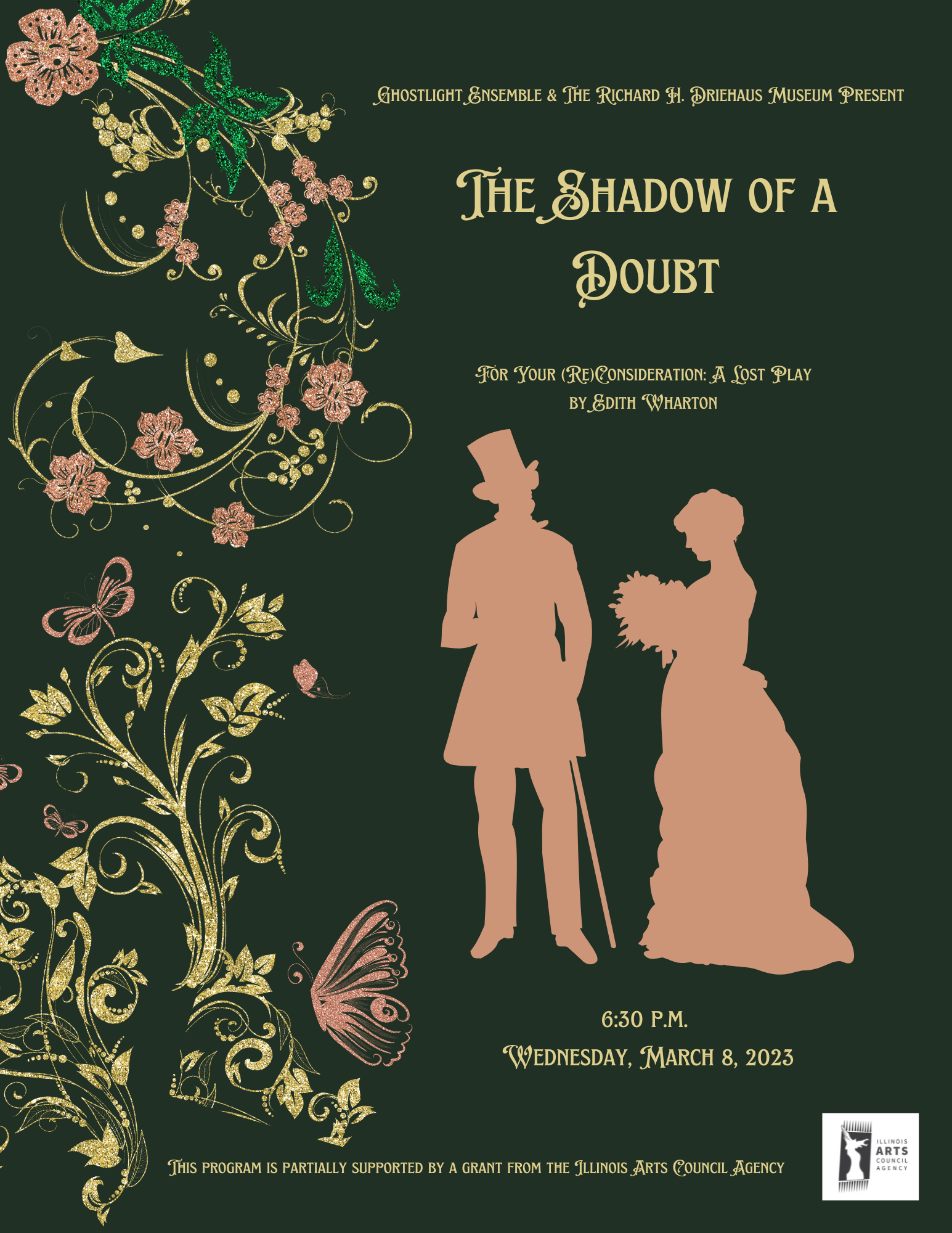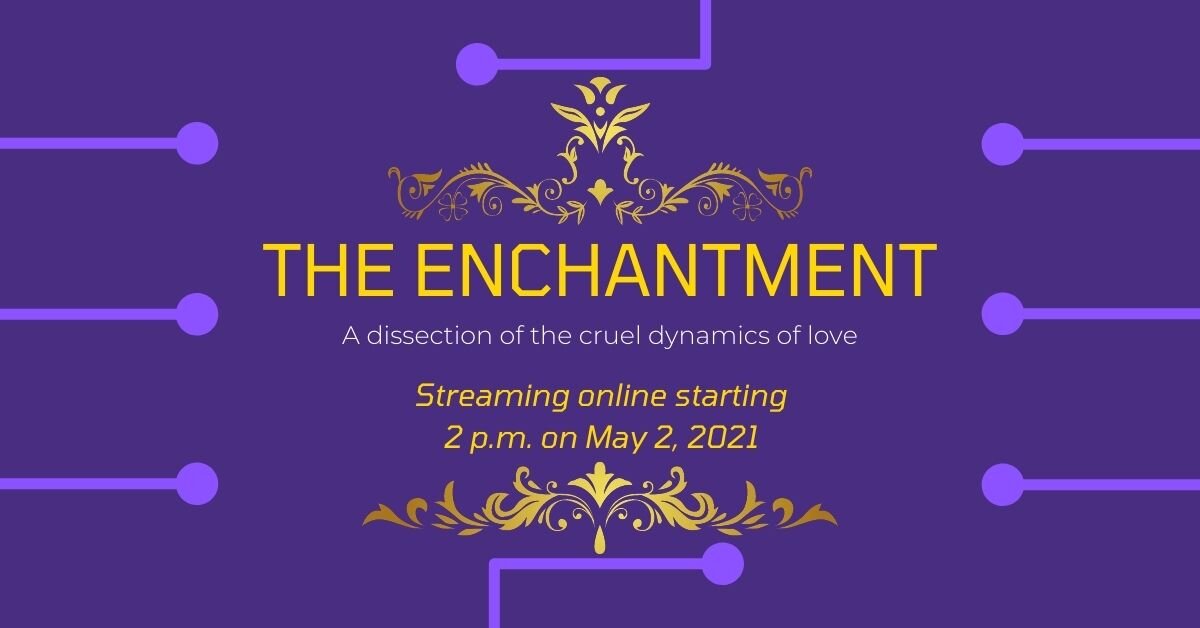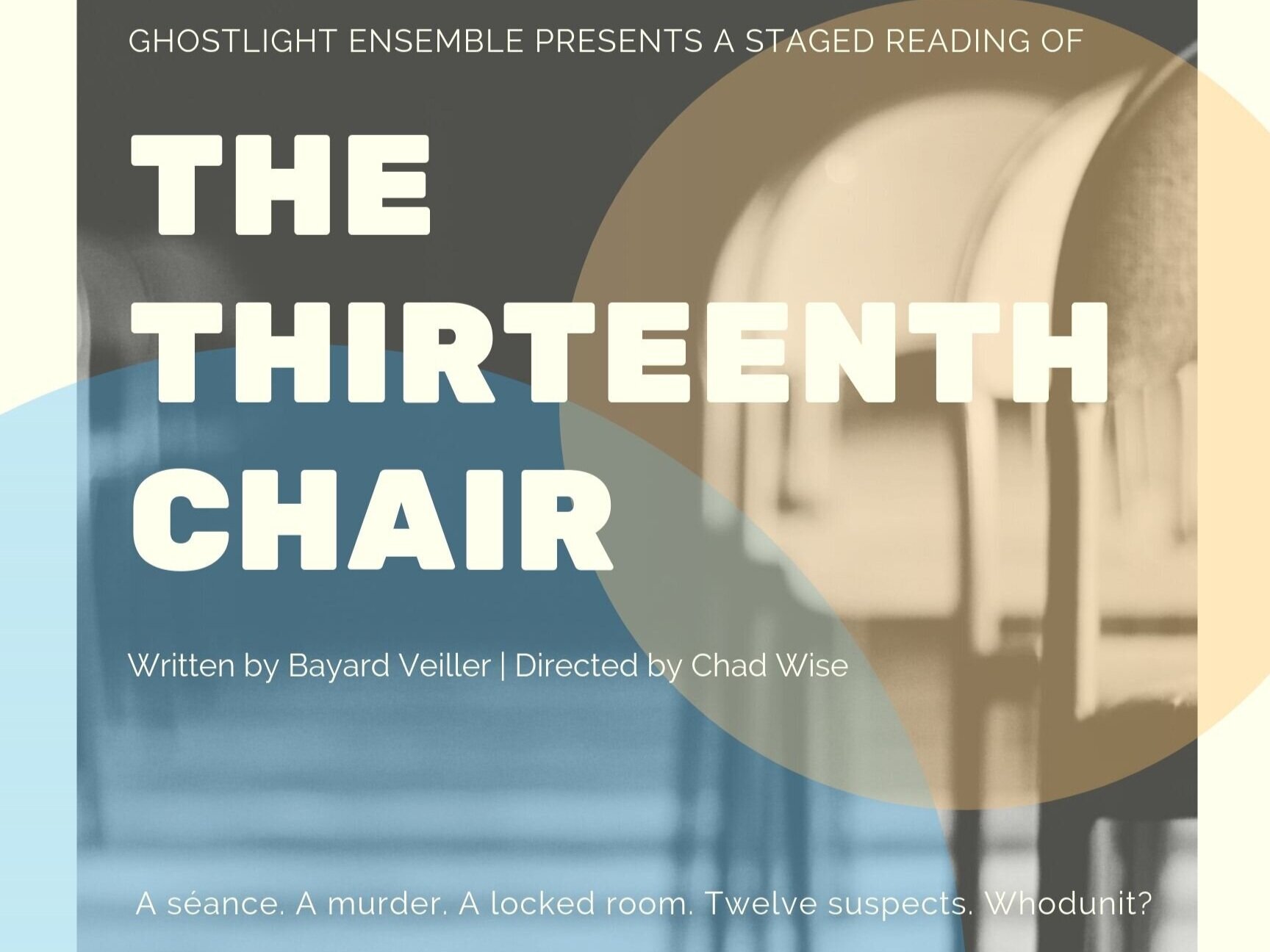Ghostlight Ensemble presents the final play in its series on historically overlooked female playwrights, The Enchantment. The play by the Swedish writer Victoria Benedictsson is a fascinating examination of a woman's capacity for love and yearning for a sense of her own self.
Director Holly Robison is excited to finally be able to share this play she’s loved for years with an audience. The Enchantment tackles issues that are deeply personal to those in the theatre — the importance of a professional or artistic purpose in life, and how it can affect self-worth, relationships and power dynamics.
“What is the cost of worshipping the great artist? Who gets to be a great artist? We are still dealing with that idea now...what do we excuse, what do we let slide when it comes to the notion of the great genius?” Robison said. “How are women personally and professionally lessened, shut out or disempowered by this notion?”
As part of her preparations for this performance, Robinson said she’s been considering what the play means to audiences now.
“How do we continue to look at the classics — the ‘canon’, or historical pieces — when we mine them to speak to us today, to help us understand where we came from and where we are?” she said. “In particular, when we consider how they examine or rethink the roles of women and gender and different kinds of relationships, we’re still usually looking at plays by men.”
During the time The Enchantment was written, a new school of writing was emerging that focused on realism. It examined radical or scandalous new takes on gender, sex, marriage, etc., and created some of the most iconic female characters in theatre – Nora, Hedda Gabler, Miss Julie. But these characters and ideas are continually filtered through the male perspective, Robison said.
“We keep revisiting them but we’re ignoring a female voice that was writing then, the woman that was the inspiration for these new perspectives,” she said.
Victoria Benedictsson's play, written shortly before her suicide in 1888 and inspired by her own life, is about an obsessive, tragic love affair that asks questions about a woman's agency, independence and passion in the balance of a relationship and its aftermath. One sunny day in Paris, Gustave Alland, famous artist and philanderer, visits Louise Strandberg, who is convalescing in her brother's studio, and casts her effortlessly under his spell. In a vain attempt to escape, she exiles herself to her provincial hometown in Sweden. But a letter propels her back to Paris and into his arms. And for a brief moment, ecstasy is hers.
The cast is: Andrew Bosworth, Rebecca Flores, Madeline Pell, Nina Romeo, Janice Rumschluag, Daniel Stewart and Robert Von.
Robison curated the For Your (Re)Consideration reading series and serves as Producing Director with Ghostlight Ensemble. For Ghostlight, she also directed An Ideal Husband, Picasso at the Lapin Agile, as well as wearing a variety of hats in other productions. Holly is a Chicago-based director, actor and improvisor.
Full bios of the actors, director and playwright will be available on Ghostlight’s website at http://www.ghostlightensemble.com/the-enchantment.
The initial broadcast of The Enchantment takes place over Zoom at 2 p.m. on Sunday, May 2, and a talkback with the director will take place immediately following. A recording of the performance will be available to stream through May 7.
Tickets are pay what you will, with a minimum of $5 per reading and the average donation for such virtual offerings at $15. Tickets are available on our website at GhostlightEnsemble.com/For-Your-Reconsideration. Please make sure to select the production and performance you are interested in receiving a link to view.
The Enchantment by Victoria Benedictsson, translated by Clare Bayley, is available by arrangement with Nick Hern Books for an amateur reading. (Please note: This is a professional quality staged reading. This language was dictated by the British publisher for our non-Equity reading.)
Featuring a variety of distinct voices and styles from different historical periods, For Your (Re)Consideration seeks to bring attention to remarkable women who have been sidelined by history for reasons that had nothing to do with their talent and everything to do with their gender and, in many cases, their race.
The initial play in the series, The Convent of Pleasure, written by Margaret Cavendish and directed by Andrew Coopman, premiered on April 2 and is now streaming on-demand, as is Distinguished Villa, written by Kate O’Brien and directed by Elizabeth Lovelady, which premiered on April 11; Mine Eyes Have Seen by Alice Dunbar Nelson and War Brides by Marion Craig Wentworth, both directed by Angelisa Gillyard, which premiered on April 18; and Warp and Woof written by Edith Lyttelton and directed by Christina Casano, which premiered on April 25.
Find out more about For Your (Re)Consideration and the entire 2020-2021 Season at GhostlightEnsemble.com.
Ghostlight Ensemble is a registered 501(c)3 nonprofit theatre whose mission it is to ask questions that challenge the status quo through timeless stories, immersive environments and unconventional staging.















